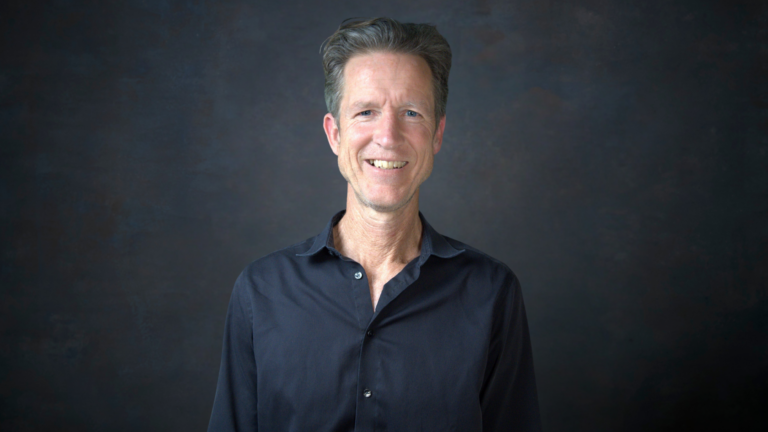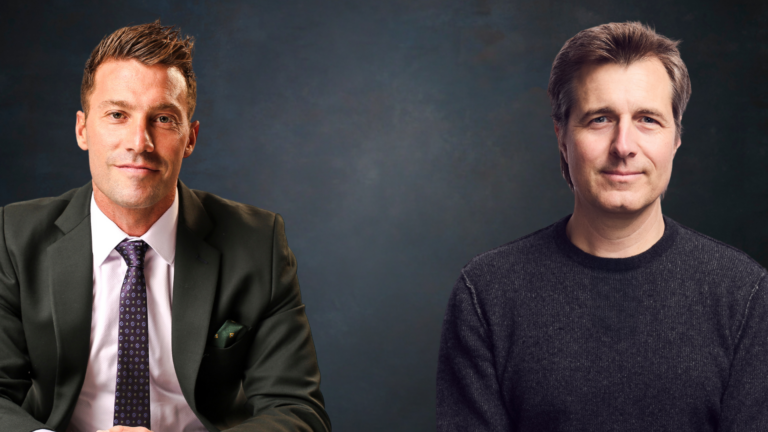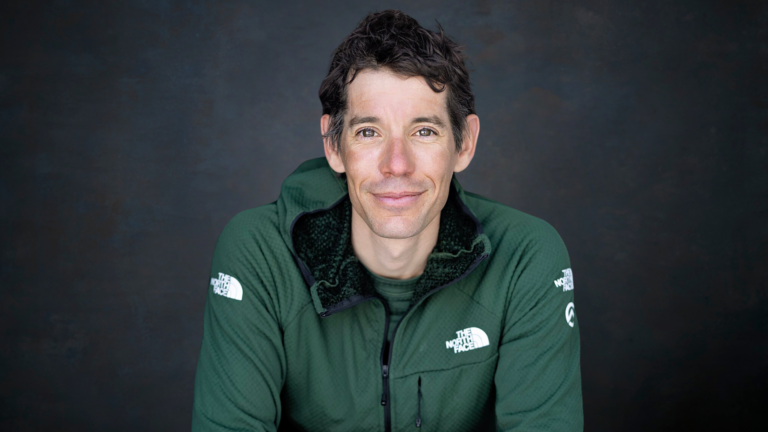This week’s conversation is with Mick Fanning, a professional surfer from Australia, regarded as one of the best surfers ever.
Mick won the ASP World Tour in 2007, 2009 and 2013 and is the living embodiment of professional surfing.
He’s spent the better part of two decades as one of the biggest gravitational forces on the Tour, racking up 22 Tour wins, 11 Top 5 finishes in addition to those three World Titles.
For over 20 years Mick’s schedule has been dictated by event dates and locations — and in the past few years, his gut told him it was time to step away, officially retiring in 2018.
This conversation isn’t so much about surfing as it is about Mick’s will to be great, his unflappable resiliency, and the cost of this pursuit.
Mick has been through it all — the highs and the lows.
Catastrophic injuries have sidelined him multiple times during his career and he’s also had to deal with the passing of not just one, but two his brothers, and other close friends.
Some of you may be familiar with Mick from an incident in July of 2015 when he was attacked by a Great White shark during the finals of the J-Bay Open in South Africa.
It was broadcasted on a live webcast, where you can actually see Mick punch the shark and survive unscathed.
For some people that type of trauma could keep them out of the water for a lifetime, but not Mick.
He made three finals in 2015 and went into a historic world title race to finish the year in the No. 2 slot.
And trauma is something we definitely touch on in this conversation.
As a refresher, Big “T” traumas are the events most commonly associated with post-traumatic stress disorder (PTSD) including serious injury, sexual violence, or life-threatening experiences.
Little “t” traumas are highly distressing events that affect individuals on a personal level but don’t fall into the big “T” category.
What is highly distressing to one person may not cause the same emotional response in someone else, so the key to understanding little “t” trauma is to examine how it affects the individual rather than focusing on the event itself.
You may not even realize how a Little “t” in your life is impacting your thoughts and actions.
“I think everyone sits there and thinks there’s one secret ingredient [to win a World Title], but there’s not. It’s hard work. It’s preparation and a little bit of luck.”
In This Episode:
- What it takes to win a World Championship: preparation, hard work, and a little bit of luck
- Feeling like he was an underdog growing up, never able to finish first, so he was forced to work harder
- Deciding to invest heavily in training his body after a horrific hamstring injury sidelined him
- Being doubtful he could come back from the injury… how did he overcome those doubts?
- His process for getting better: constant testing and iteration
- His ideal competitive mindset
- How he knew it was time to retire
- Was he more concerned with being his best or the results?
- How he copes with loss and death
- The most demanding part of his job: the intense travel and constant planning
- The cost of chipping all in…. identity foreclosure
- The calming influence of the ocean
- How often does he experience flow state?
- What he’s searching for post-surf career: new experiences
- Why he’s deeply concerned about the state of our environment and what he’s doing to try and make things better
- When he looks back at his career, what is he most satisfied about?
- How getting attacked by a Great White Shark attack changed him
- His process for overcoming traumatic experiences
- Defining mastery



